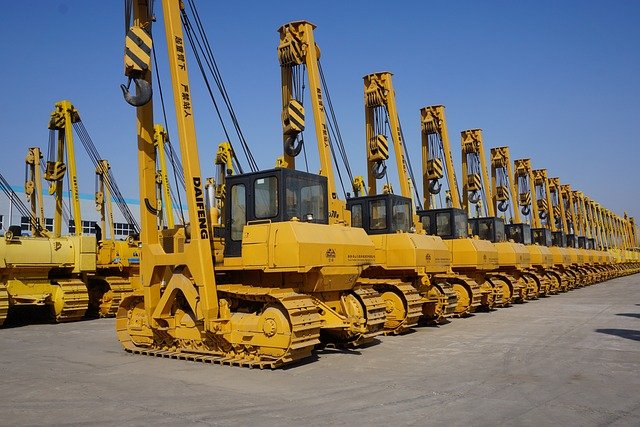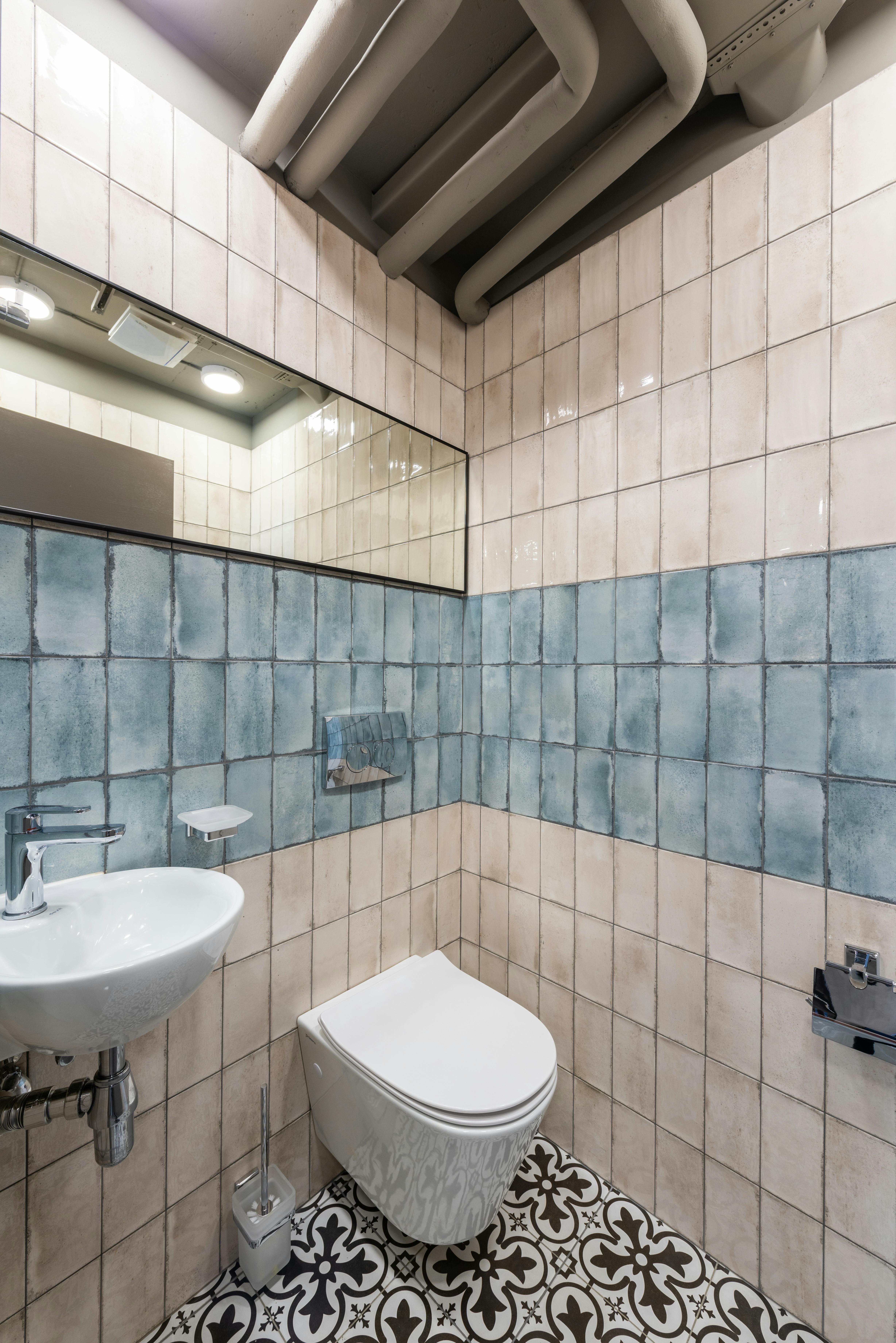Mini Boats for Sale: Complete Guide to Small Watercraft Options
Mini boats are small watercraft designed for fishing, leisure, or short trips. Their compact size makes them easy to transport and operate, while models vary from inflatables to rigid hulls. They are valued for convenience on lakes or rivers. Read to learn more about mini boats.

What Are Mini Boats and Their Key Features
Mini boats typically measure between 8 to 16 feet in length and are designed for close-to-shore activities, calm waters, and small groups of passengers. These vessels prioritize portability, ease of handling, and lower maintenance requirements compared to larger watercraft. Common features include lightweight construction materials like aluminum or fiberglass, simple steering systems, and modest power requirements that often allow for smaller outboard motors or manual propulsion.
Many mini boats feature shallow draft designs that enable access to areas larger vessels cannot reach, making them popular for fishing in creeks, small lakes, and protected coastal waters. Storage compartments, though limited, provide space for essential gear and safety equipment required for safe operation.
Mini Boats Guide: Types and Categories Available
The mini boat market encompasses several distinct categories, each serving specific purposes and user preferences. Inflatable boats represent one popular segment, offering excellent portability through deflation for storage and transport. These models work well for casual recreation, emergency situations, and as tender boats for larger vessels.
Aluminum mini boats provide durability and low maintenance, commonly used for fishing and utility purposes. Their lightweight construction facilitates easy launching and retrieval, while corrosion resistance ensures longevity in both freshwater and saltwater environments. Fiberglass options offer smoother rides and attractive aesthetics but require more careful handling and maintenance.
Jon boats, characterized by flat bottoms and square bows, excel in shallow water fishing and hunting applications. Personal watercraft alternatives, such as small runabouts and center console boats, cater to recreational users seeking more amenities and performance capabilities within compact dimensions.
Mini Boat Options: Choosing the Right Vessel
Selecting appropriate mini boat options depends on intended use, operating environment, and personal preferences. Fishing enthusiasts should prioritize models with adequate storage, rod holders, and stable platforms for casting and reeling. Family recreation users might prefer boats with comfortable seating arrangements and safety features suitable for children.
Engine compatibility represents a crucial consideration, as mini boats typically accommodate outboard motors ranging from 5 to 50 horsepower. Manual propulsion options include oars, paddles, and small electric trolling motors for quiet operation in fishing scenarios or environmentally sensitive areas.
Storage and transportation requirements significantly influence boat selection. Trailer compatibility, weight considerations for car-top transport, and available storage space at home or marina facilities all factor into practical ownership decisions.
| Boat Type | Provider/Manufacturer | Length Range | Price Estimation |
|---|---|---|---|
| Inflatable Mini Boat | Sea Eagle | 8-14 feet | $400-$1,500 |
| Aluminum Jon Boat | Tracker Boats | 10-16 feet | $2,000-$8,000 |
| Fiberglass Runabout | Boston Whaler | 11-15 feet | $15,000-$35,000 |
| Kayak/Canoe | Old Town | 8-16 feet | $300-$2,000 |
Prices, rates, or cost estimates mentioned in this article are based on the latest available information but may change over time. Independent research is advised before making financial decisions.
Essential Considerations Before Purchase
Prospective mini boat buyers should evaluate several practical factors beyond initial purchase price. Registration requirements vary by jurisdiction, with most areas requiring boats above certain length or power thresholds to display registration numbers and carry documentation. Insurance considerations protect against liability and property damage, though coverage costs remain relatively modest for smaller vessels.
Maintenance requirements include regular inspections of hull integrity, propulsion systems, and safety equipment. Storage solutions range from simple tarp coverage for outdoor storage to dedicated boat storage facilities, each presenting different cost and security implications.
Safety equipment requirements typically include personal flotation devices for all passengers, visual distress signals, sound-producing devices, and fire extinguishers for powered vessels. Understanding local boating regulations ensures compliance and safe operation in designated waterways.
Mini boats provide an excellent introduction to boating activities without the substantial financial commitment and complexity associated with larger vessels. Their versatility, affordability, and ease of operation make them suitable for various recreational pursuits, from peaceful lake fishing to family outings on protected waters. Careful consideration of intended use, operating environment, and practical ownership factors ensures selection of an appropriate vessel that provides years of enjoyable water-based experiences.




